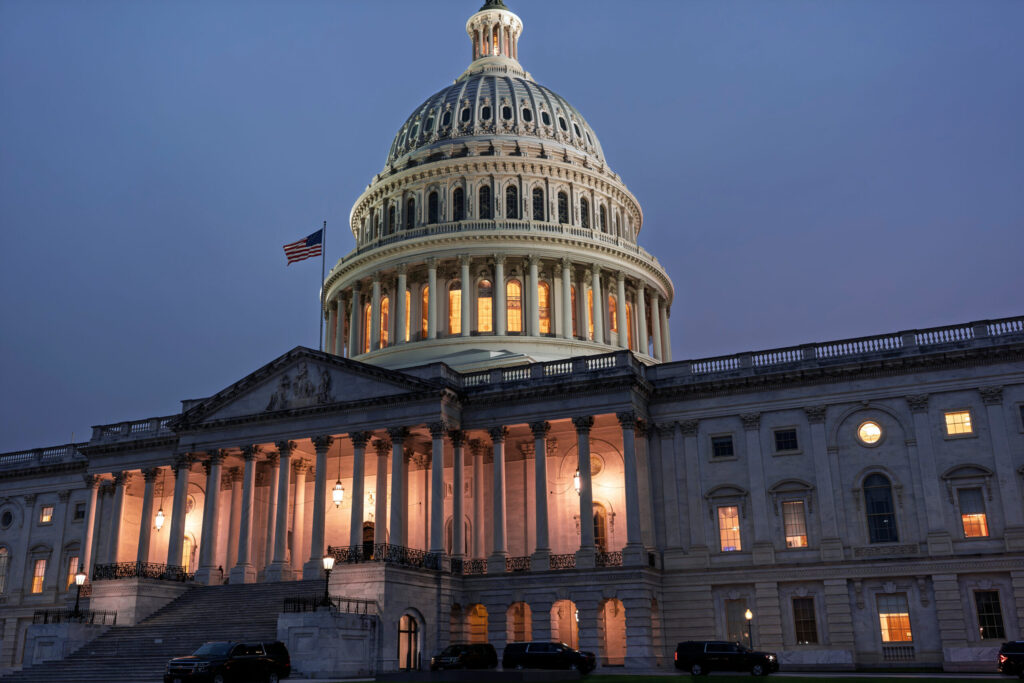Even in a deficit, Planned Parenthood gets special treatment | OPINION

You know our Colorado legislators are beholden to a special-interest lobby when they may choose to forego federal dollars during a budget crunch to fund their client’s interests. Who might that be? The abortion lobby and Planned Parenthood.
The so-called “Big Beautiful Bill” (BBB) withdrew Medicaid funding from organizations that provide abortion services. This means Planned Parenthood and similar organizations that provide abortion amongst their menu of services will lose federal Medicaid dollars. Colorado Medicaid patients will need to shift to other facilities. The bill does not effect the 265 clinics in Colorado which are Federally Qualified Health Centers (FQHCs) that provide income-adjusted holistic health care services including family-planning services. The only exception based on a review of their advertised services might be Denver Health — which opened an abortion service in late 2023.
Not surprisingly, abortion rights organizations, such as Guttmacher, have published research purporting to show FQHCs and other health care providers can’t replace the non-abortion services delivered by Planned Parenthood. However, history suggests when Planned Parenthood is excluded, states such as Texas can replace their services with even more robust women’s health services — even if some services, such as injectable contraceptives and long-acting reversible contraceptives (LARCs) may numerically decline.
Research catastrophizing the elimination of Medicaid funding for Planned Parenthood has nearly all been underwritten by the Susan Thompson Buffet Foundation which actively champions abortion rights.
Perhaps the most revealing statistic is the percentage of unwanted pregnancies in Texas was not statistically different than Planned Parenthood-supportive states such as California, Colorado or Illinois in a study from the same Guttmacher Institute. The states with the lowest percentage of unwanted pregnancies were predominantly states most hostile to Planned Parenthood’s services. Despite what they claim, Planned Parenthood is not integral to providing family planning services or reducing unwanted pregnancies in the state.
The governor has called a special session of the Colorado General Assembly to close an anticipated $700 million budget shortfall. Normally, this would be a time to conserve state dollars. However, Colorado legislators plan to reject federal Medicaid dollars to subsidize non-abortion services for Planned Parenthood. These services could be delivered by FQHCs and other health care organizations with full federal participation. Instead, Democrats are introducing legislation during the special session to replace Planned Parenthood funding lost because of the BBB using state dollars and to maintain Planned Parenthood’s capture of this Medicaid population. This necessitates shifting Medicaid dollars from other vital health care priorities at a time when the Medicaid budget is already under immense pressure. This would be fiscal malpractice.
There are other prudent ways to decrease state Medicaid funding to save Colorado dollars, but they’re a non-starter with the abortion lobby.
This past legislative session, SB25-183 guaranteed Medicaid funding for elective induced abortions. The fiscal note attached to the bill was woefully inadequate. It suggested paying for elective induced abortions actually saved the state money. Setting aside the repulsive idea aborting more children will save money, this was a slight of the hand analysis that only counted “averted births” in drawing their conclusions.
They ignored a more robust analysis that would reduce the “savings” because many of these abortions were performed on women who would have naturally miscarried — thus incurring the expense of the abortion without any change in outcome. It also ignored the fact approximately 40% of women having an abortion will have another pregnancy leading to childbirth within the next few years. The “averted births” actually translate into “delayed births” which will cost Medicaid more since the incidence of many pregnancy complications increases linearly with maternal age — such as preeclampsia and gestational diabetes. It also ignores the fact surgical abortions are associated with premature birth in subsequent pregnancies, which can dramatically shift the Medicaid cost burden. Finally, the fiscal note used a tiny study from Louisiana to estimate how many additional women would have an abortion if there was Medicaid funding. Comparing Louisiana to Colorado is like comparing apples and oranges since Colorado has robust private funding for abortion services through the Cobalt fund while Louisiana has little or no private funding for abortion. Chances are the needs of financially challenged women are being met, and the new law will simply shift funding for elective abortions from the private sector to taxpayer dollars.
Considering all these factors, a conservative estimate is public funding of abortion will cost the states millions of dollars during the next five years — money hard to replace given our current budgetary constraints. SB25-183 should be repealed during the special session.
It is time Coloradans insist on some fiscal sanity. We need to demand our legislators look beyond the special-interest abortion lobby and make decisions that truly reflect the budgetary priorities of the majority of the public. Planned Parenthood and funding elective abortions will never be the most important line items. It is past time for legislators to vote accordingly.
Tom Perille, M.D., is president of Democrats for Life of Colorado. He resides in Englewood.













